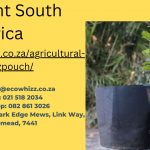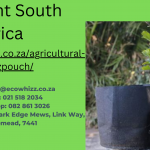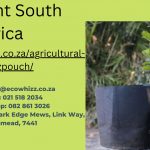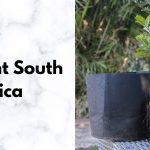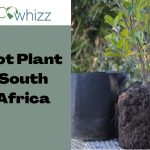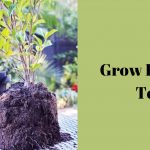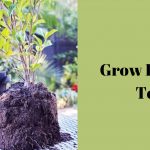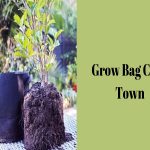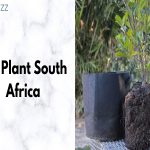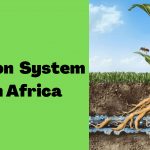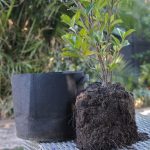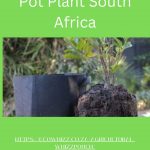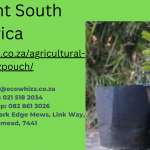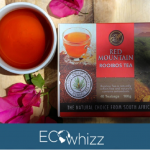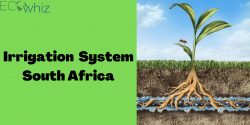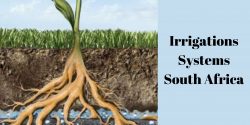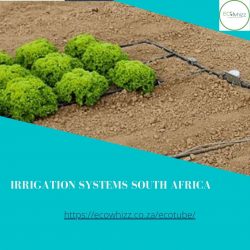THE TOP 3 TYPES OF IRRIGATIONS SYSTEMS FOR AGRICULTURE
The agricultural sector in South Africa is one of the most diverse in the world. Made up of many different product categories, including all major grains (excluding rice), oil seeds, deciduous and subtropical fruits, a wide range of vegetables, sugar, citrus, wine, livestock, as well as a developed poultry and egg farming industry.
The agricultural industry as a whole is of very high importance to the South African economy as it contributes greatly to the country’s gross domestic product, food security, job creation as well as ecotourism.
Farmers need to implement systems that make it possible for them to maintain good turnaround times for produce as well as boost their overall production. One of these being the installation of a good irrigation system.
The purpose of an irrigation system is to provide and retain constant moisture in the soil. This is necessary for the germination of seeds as well as the absorption of nutrients to the plants and crops, which in turn assists in crop health and development as well as increases the overall yield.
The top 3 types of irrigation systems that are used in agriculture are Surface Irrigation, Sprinkler Irrigation and Micro Irrigation.
Surface Irrigation
Surface Irrigation is a gravity-based application of water to crops. This is achieved through a system of canals, dams, and basins that can be opened and closed off as required. Surface irrigation systems that make use of basins is the most common method of irrigation for fruit trees and row crops.
Surface Irrigation is the most widely used irrigation system as it is the cheapest and requires the least technical knowledge in order to implement. It is also the most energy efficient as it does not require electrical pumps.
However this method of irrigation has the highest rate of water-consumption while only a small percentage of the water actually reaches the roots, as the rest flows quickly past leading to a low level of saturation in the soil. This means that the soil is not able to maintain the necessary moisture levels leading to lower quality and lower production rates of agricultural produce. Another big disadvantage of surface irrigation systems is that there is a high chance of contamination as any diseases that may occur in the water source or plants are spread through the water channel to the rest of the crops.
Sprinkler Irrigation
The next most common type of irrigation for agriculture is Sprinkler Irrigation. This system of irrigation uses hoses, pipes and pressurized sprinkler heads to apply water to the soil and crops from above. Sprinkler Irrigation systems are highly versatile as they can be used for flat as well as sloping landscapes.
This system of irrigation uses less water than Surface Irrigation methods and can be used on a wider variety of landscapes and agricultural areas. Farmers can also control the system to turn on and off at various intervals in order to maximise filtration as well as save water.
Although Sprinkler Irrigation systems are useful for irrigating row crops they are not as effective on fruit trees. The water applied via this method of irrigation is also more susceptible to evaporation.
Micro Irrigation
Micro-Irrigation, also known as drip irrigation is the most efficient and effective method of irrigation for agriculture. This method of irrigation comprises of different types of pipes and soaker hoses that apply water directly to soil around the roots. This system of irrigation is the most beneficial to plants and crops it maintains the ideal level of moisture in the soil and ensures that the necessary nutrients are supplied directly to the roots.
Micro-Irrigation is the most water-efficient method of irrigation as it requires the least amount of water and is less susceptible to evaporation. It also prevents the spread of diseases between plants as fresh uncontaminated water is supplied directly to each plant.
A good example of a Micro-Irrigation system is the ecotube Root Irrigation Subterranean Irrigation System. This is one of the most efficient and robust irrigation soaker hoses on the market. This system saves up to 58% or water and can save up to 70% of water consumption. ecotube also has an average yield increase of 27%, making it the most efficient irrigation method for agricultural purposes as it has been specifically designed to support efficient farming and sustainable agriculture. Its durable design allowed for the ecotube to withstand a wide variety of agricultural processes.

